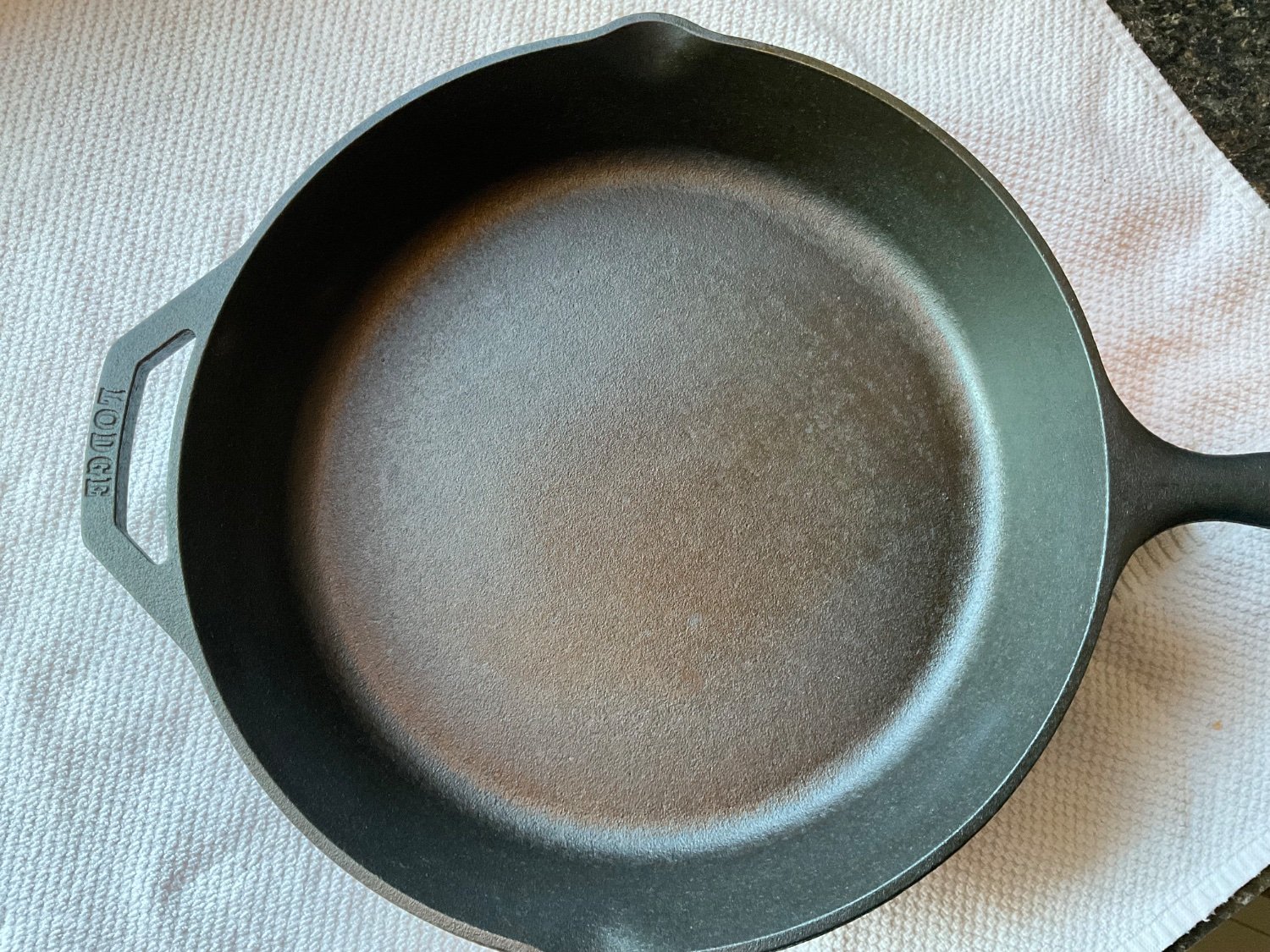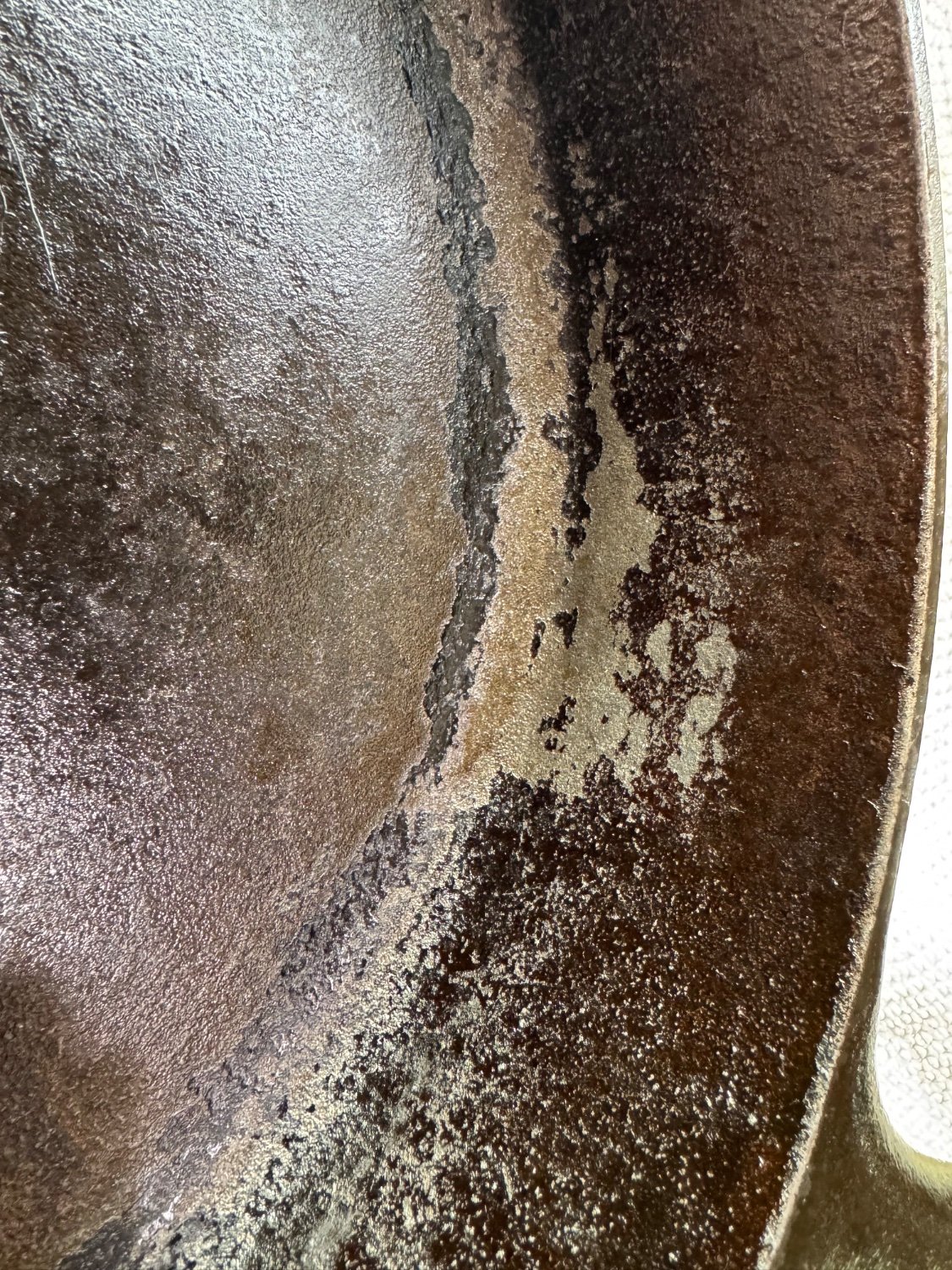Disk block cryptographic signatures with automatic recovery?
panicnow
Is this why people run Arch instead or atomic linux distros?
Or even, “fuck your privilege “! Unless my wife wants to paint holding the brush in her mouth don’t kick her in the expression. You want royalties for artist or advance optin for model training I’m with you.
Edit:Didn’t realize the community I was in. Sorry all.
These seem like semantics to me. Saying it isn’t a backup, when it successfully restored my uncle’s 25 years of files after his hard drive failed, doesn’t ring true to me. OneDrive allows recovery of data from ransomware, common user error like deleting or overwriting files, drive failure and catastrophe like fire. What use cases does this backup methodology lack for you that is important for casual end users?
Personally, I architected datacenter backups for a large company with business critical data. This was a decade ago, but even then I was responsible for architecting logical, physical, application, database, snapshot, tape and site replication for about a petabyte of data (hard drives used to be small). When you say that some of those things are not backup, I don’t understand why you think that? Different types of backups have different strengths, weaknesses and use cases.
You can roll your onedrive back to a previous point in time in the event of a ransomware, technical issue or user mistake that causes issue.
OneDrive does not do full disk synchronization to my knowledge.
OneDrive is a decent solution for non-techies who need a backup system. I’ve installed it for octogenarians who certainly would never backup anything on their own. It does versioning on the files, so it can protect against ransomware and provide fallback to earlier versions.
Whenever I am remotely helping one of the people I have it setup for, I glance at the icon to see if it is working. Occasionally, I see it complaining about a single file not syncing for some reason, but that generally will resolve itself by the next time I check.
It has a vault that requires additional authentication for your most sensitive files.
I like it—I’m sure its not perfect, but it isn’t terrible.
It’s such a game changer!
I had the pleasure of working with 8” floppy drives with the Social Security Administration.
I hate that they renamed it on iOS but not Mac. Now my fingers can’t remember just one thing.
Damn I love music! Thanks for sharing your passion with me!
I think in a different life I might have ended up on your path and I appreciate how much it is the right one for many. I’ll toss out a few more comments (mainly cause I am trying to contribute to Lemmy both monetarily and by not just lurking).
I love the fidelity of Apple Music which is what I use—it is certainly much better than my CD collection ever was. I don’t even bother using the lossless option as I cannot tell the difference. I usually have about 50GB of music sync’d to my devices and my wife and I camp without cell service often.
I carefully curate my music collection. I have about 5000 songs I love neatly sorted into decade playlists plus specialty playlists. I keep a textual backup of my playlists in addition to exported playlist backups to allow me to recover from pretty much any issue including apple account loss.
I rarely see removed songs, but do occasionally see them. Since my library is well curated it is easy to see which tracks are unavailable. I would guess I have been impacted on less than 0.1%.
It is extremely rare for me to not find the songs I want on Apple Music, but I have uploaded many tracks to Apple Music that I had to procure from other locations. The most common ones have been live tracks, soundtracks and mixes. At that point they work just like any other music in my library.
It’s been a pretty good experience—not one I would have predicted 20 years ago.







I use https://macmousefix.com/en/ on my Mac mouse. I’m not sure of its range of features.